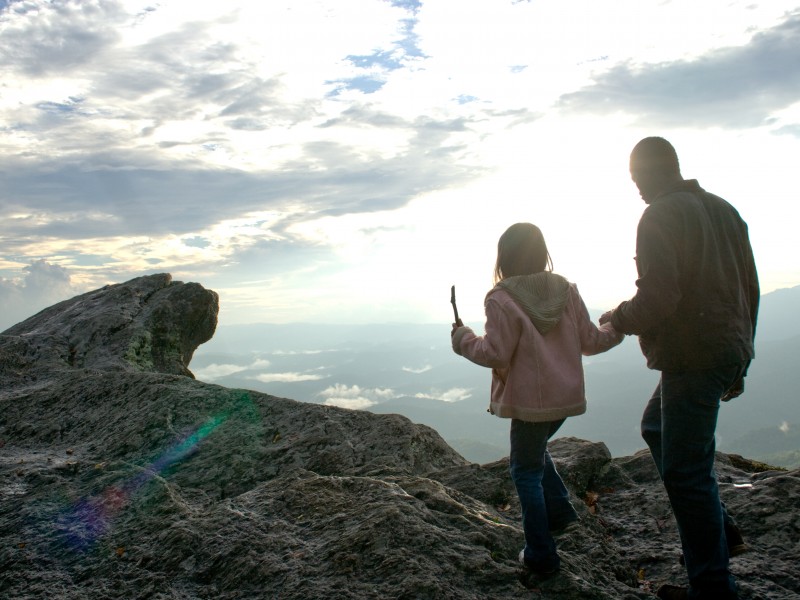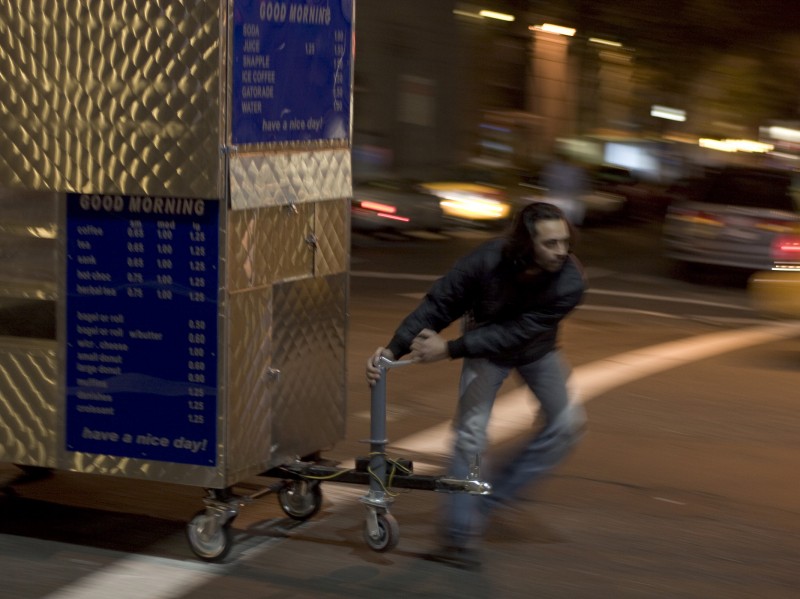



The Films of Ramin Bahrani, or Life at Street Level
At a time when "cinematic" seems increasingly to be taken as a synonym for "spectacular," the films of Ramin Bahrani (b. 1975) remind us of cinema's unique strength as a means of exploring the world around us, not just imagining new ones. Born in Winston-Salem, North Carolina to Iranian parents, Bahrani studied film at Columbia University and returned to his ancestral home in 2000 to make his now unavailable thesis film, Strangers. Bahrani's use of nonprofessional actors and his committed and compassionate focus on marginal, often downtrodden, protagonists provides an important further link to Iranian cinema and major Iranian directors such as Abbas Kiarostami, whom Bahrani has acknowledged as a major influence. Bahrani's subsequent three features, shot in English in the U.S., have earned him a place in the front ranks of American independent filmmakers, acclaimed not just here but at festivals around the world.
While Bahrani's films are often celebrated as a return to a mode of neo-realism, his style is quite distinct from what is typically meant by the term, and is instead better understood as a judicious combination of different schools of filmmaking. As Bahrani himself has pointed out, the use of nonprofessional actors goes back before the postwar neo-realist movement, with one of its most important early expressions found in the work of Robert Flaherty, one of Bahrani's favorite filmmakers. And yet Bahrani's films exhibit a restraint and rigor that recall Robert Bresson, another of Bahrani's heroes. What ultimately results from Bahrani's clear-eyed realism is a powerful emotionalism that emerges from his organic narrative style and his close working relationship with his actors. Although both the extreme naturalism of the performances and the documentary-like use of a hand-held camera give the films an almost improvisational quality, they are, in fact, the result of careful planning.










